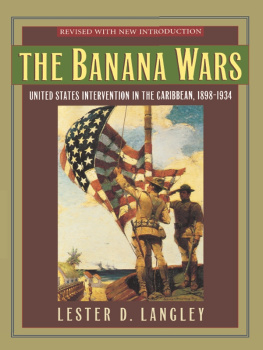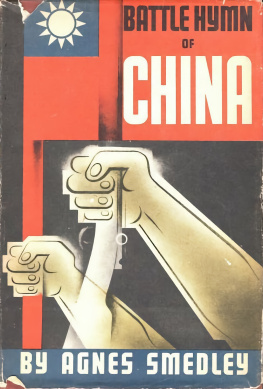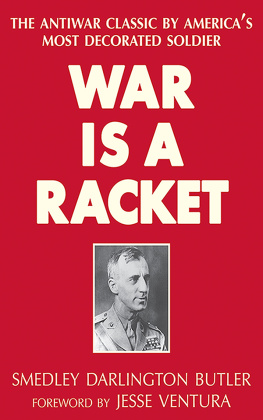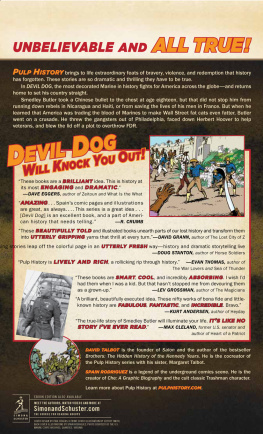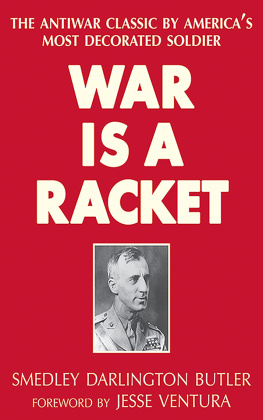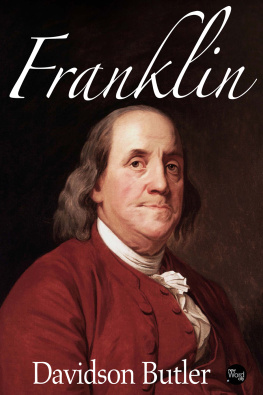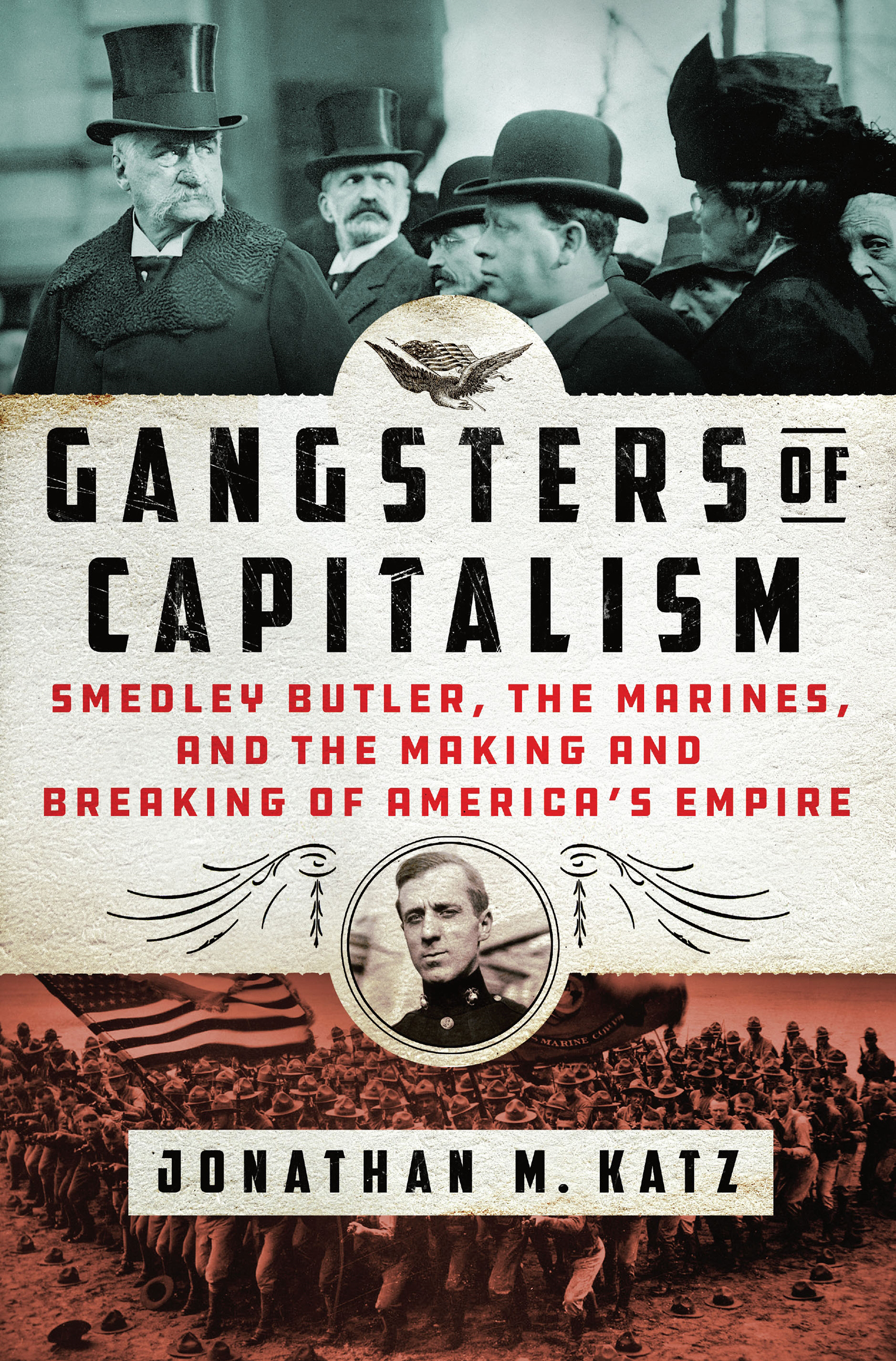Jonathan M. Katz - Gangsters of Capitalism: Smedley Butler, the Marines, and the Making and Breaking of Americas Empire
Here you can read online Jonathan M. Katz - Gangsters of Capitalism: Smedley Butler, the Marines, and the Making and Breaking of Americas Empire full text of the book (entire story) in english for free. Download pdf and epub, get meaning, cover and reviews about this ebook. City: New York, year: 2022, publisher: St. Martins Press, genre: History / Science. Description of the work, (preface) as well as reviews are available. Best literature library LitArk.com created for fans of good reading and offers a wide selection of genres:
Romance novel
Science fiction
Adventure
Detective
Science
History
Home and family
Prose
Art
Politics
Computer
Non-fiction
Religion
Business
Children
Humor
Choose a favorite category and find really read worthwhile books. Enjoy immersion in the world of imagination, feel the emotions of the characters or learn something new for yourself, make an fascinating discovery.

- Book:Gangsters of Capitalism: Smedley Butler, the Marines, and the Making and Breaking of Americas Empire
- Author:
- Publisher:St. Martins Press
- Genre:
- Year:2022
- City:New York
- Rating:5 / 5
- Favourites:Add to favourites
- Your mark:
Gangsters of Capitalism: Smedley Butler, the Marines, and the Making and Breaking of Americas Empire: summary, description and annotation
We offer to read an annotation, description, summary or preface (depends on what the author of the book "Gangsters of Capitalism: Smedley Butler, the Marines, and the Making and Breaking of Americas Empire" wrote himself). If you haven't found the necessary information about the book — write in the comments, we will try to find it.
A groundbreaking journey tracing Americas forgotten path to global powerand how its legacies shape our world todaytold through the extraordinary life of a complicated Marine.
Smedley Butler was the most celebrated warfighter of his time. Bestselling books were written about him. Hollywood adored him. Wherever the flag went, The Fighting Quaker wentserving in nearly every major overseas conflict from the Spanish War of 1898 until the eve of World War II. From his first days as a 16-year-old recruit at the newly seized Guantnamo Bay, he blazed a path for empire: helping annex the Philippines and the land for the Panama Canal, leading troops in China (twice), and helping invade and occupy Nicaragua, Puerto Rico, Haiti, Mexico, and more. Yet in retirement, Butler turned into a warrior against war, imperialism, and big business, declaring: I was a racketeer for capitalism.
Award-winning author Jonathan Myerson Katz traveled across the worldfrom China to Guantnamo, the mountains of Haiti to the Panama Canaland pored over the personal letters of Butler, his fellow Marines, and his Quaker family on Philadelphias Main Line. Along the way, Katz shows how the consequences of the Marines actions are still very much alive: talking politics with a Sandinista commander in Nicaragua, getting a martial arts lesson from a devotee of the Boxer Rebellion in China, and getting cast as a P.O.W. extra in a Filipino movie about their American War. Tracing a path from the first wave of U.S. overseas expansionism to the rise of fascism in the 1930s to the crises of democracy in our own time, Gangsters of Capitalism tells an urgent story about a formative era most Americans have never learned about, but that the rest of the world cannot forget.
Jonathan M. Katz: author's other books
Who wrote Gangsters of Capitalism: Smedley Butler, the Marines, and the Making and Breaking of Americas Empire? Find out the surname, the name of the author of the book and a list of all author's works by series.


